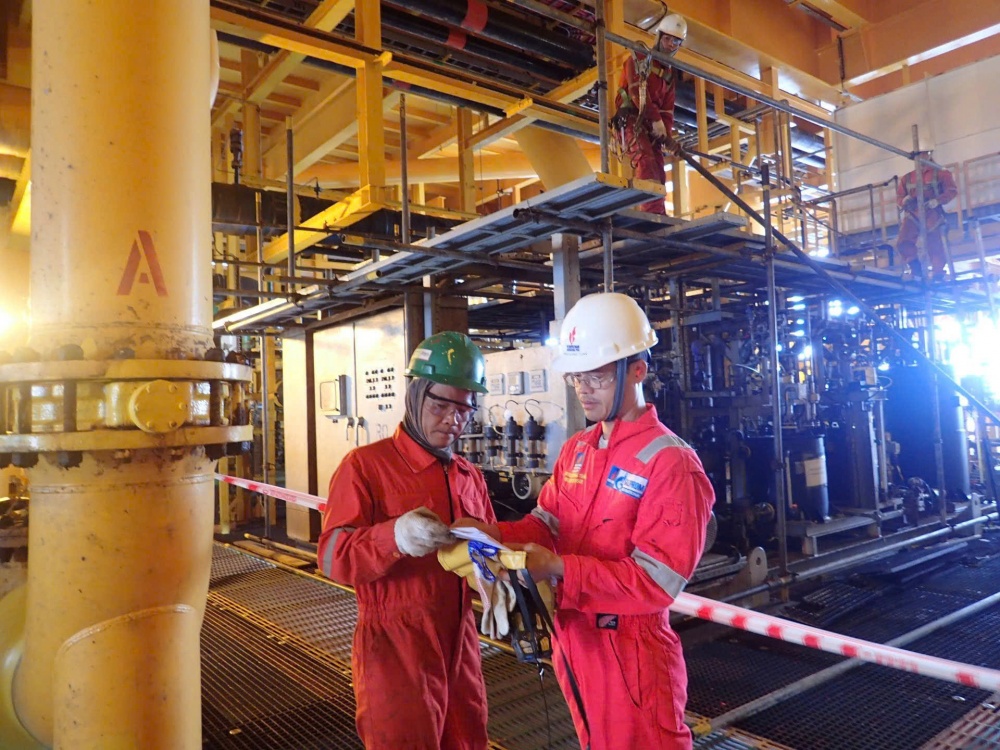 |
| Safety work on oil and gas projects is always guaranteed. |
Increasing autonomy: a lever for state-owned enterprises
The draft Law on State Capital Management and Investment in Enterprises is based on the Party's major policies, such as Resolution 12-NQ/TW on restructuring state-owned enterprises, Regulation 178-QD/TW on preventing corruption and negativity in law-making, and Resolution 57-NQ/TW on developing science and technology, innovation, and national digital transformation. The Government emphasized that the draft has inherited the relevant provisions of Law 69/2014/QH13, while amending and supplementing them to resolve practical problems, ensuring no overlap with the Law on Enterprises and other relevant laws. One of the core principles of the Law is that the State only exercises rights and obligations corresponding to the capital ownership ratio, does not directly intervene in the production and business activities and management of enterprises, thereby enhancing the autonomy and accountability of enterprises.
The draft law has cut 30% of administrative procedures, equivalent to 7/24 procedures compared to Law 69/2014/QH13, including procedures such as approving financial reports, 5-year business strategies, annual production and business plans, and approving salary and remuneration funds. The Board of Members or the Chairman of the company is empowered to proactively decide on many important contents, such as issuing 5-year business strategies, annual business plans, capital mobilization, capital lending, and deciding on salary, remuneration and bonus policies for employees and managers. In particular, enterprises are allowed to mobilize capital exceeding 3 times the owner's equity without only needing to notify the owner's representative agency for supervision, switching from a pre-audit mechanism to a post-audit mechanism, creating more favorable conditions for business activities.
The scope of state capital investment has also been expanded, including new areas such as science and technology development, innovation, national digital transformation, enterprises in key areas of national defense and security, and key national infrastructure projects. The Government said that key and essential areas of the economy will be specifically regulated to ensure flexibility in management, while responding to proposals to add the field of conservation and promotion of cultural and social values to the investment scope. Regulations on profit distribution have also been completed, with the Enterprise Development Investment Fund deduction not exceeding 50%, the remaining profit paid to the state budget, except for cases of use to supplement charter capital or invest in projects according to Government regulations, in order to increase financial resources for enterprises.
The draft law also adds specific provisions on capital management at enterprises in which the State holds more than 50% to less than 100% of the charter capital, through the representative of the State capital portion. The representative body of the owner is responsible for providing opinions for the representative to participate in voting at the General Meeting of Shareholders or the Board of Directors on issues such as charter, financial regulations, and annual business plans, which serve as a basis for evaluating the performance of the enterprise. These changes not only increase autonomy but also create incentives for enterprises to operate more effectively according to market mechanisms, while attracting high-quality human resources to the state-owned enterprise sector.
Transparency and oversight: the foundation for effective capital management
In addition to enhancing autonomy, the draft Law focuses on improving transparency and monitoring effectiveness in the management of state capital in enterprises. The Government emphasizes that regulations on capital transfer, divestment, and restructuring of state capital are being improved to ensure publicity, transparency, and maximum recovery of investment capital. For example, the transfer of capital in joint stock companies that are not listed or registered for trading on the stock market must be carried out through public auctions, except in cases where the transfer is restricted under the Enterprise Law. Cases of transferring the right to represent the ownership of state capital are also specified in detail, such as transferring from the owner's representative agency to an enterprise in which the State holds 100% of the charter capital, or between state-owned enterprises, with procedures guided by the Government.
To improve the effectiveness of inspection and supervision, the draft Law supplements regulations on organizing periodic or unscheduled inspections and examinations at the request of the owner's representative agency, serving the assessment, warning of risks and deciding on personnel work. The Ministry of Finance is assigned to preside over planning and organizing the supervision and inspection of investment and management of state capital in enterprises, ensuring professionalism and strictness. The assessment and classification of enterprises is carried out based on overall performance, excluding factors affecting political tasks, national defense, security, or new technology testing projects, in order to accurately reflect the actual operational capacity of enterprises.
The draft law also clearly stipulates the responsibilities of the Board of Members, the Chairman of the company, the Controller, and the representative of the state capital. The Board of Members or the Chairman of the company must be responsible to the Prime Minister and the representative of the owner for preserving and developing capital, and must be legally responsible for violations that cause losses to the capital and assets of the enterprise. They are also responsible for explaining the contents related to investment and capital management activities at the request of inspection, examination, and supervision agencies, and ensuring the accuracy and honesty of the information provided. The Controller is responsible for giving independent opinions on the enterprise evaluation criteria and profit distribution plan, while the representative of the state capital must be responsible to the representative of the owner, with the sanction of not being allowed to continue to assume the role if he/she fails to fulfill his/her duties.
The draft Law also adds provisions on capital management at political organizations, socio-political organizations, the Vietnam Fatherland Front, the Vietnam Cooperative Alliance, and the Cooperative Bank, in order to resolve practical difficulties and create a synchronous legal basis. The Government proposes to apply simplified procedures so that the Law takes effect from July 1, 2025, instead of January 1, 2026 as originally planned, in order to promptly remove difficulties and free up resources for businesses. At the same time, transitional contents are clearly stipulated, such as requiring businesses to issue charters, financial regulations, and internal regulations before December 31, 2025, and continue to implement investment projects approved before the Law takes effect, ensuring that no legal gaps are created during the implementation process.
The Draft Law on State Capital Management and Investment in Enterprises is not only a step forward in improving the efficiency of state capital management but also creates a solid legal foundation for state-owned enterprises to operate according to market mechanisms, compete fairly, and develop sustainably. These changes promise to promote the development of the state economic sector, while contributing to the implementation of the country's strategic goals in the 2021-2030 period.
Towards autonomy and transparency The representative of the auditing agency, the Economic and Financial Committee (ECFC), said that it had received and explained the opinions of the National Assembly at the 8th Session on the draft Law on Management and Investment of State Capital in Enterprises. With the goal of enhancing autonomy, transparency and efficiency of state capital management, the ECFC has made a number of outstanding proposals to perfect the draft Law, creating a solid legal corridor for state-owned enterprises in the new development stage. One of the important proposals of the UBTC is to remove the requirement for the Board of Members to consult the owner's representative body when deciding on salary, remuneration and bonus policies. According to the UBTC, this provision is not consistent with the principle of enterprise autonomy and may create unnecessary administrative procedures, affecting the efficiency of enterprise operations. Granting autonomy in salary and remuneration policies not only helps enterprises to be more flexible in human resource management but is also consistent with the spirit of applying market mechanisms, meeting the innovation requirements of Resolution 12-NQ/TW on restructuring state-owned enterprises. In addition, the TCTC proposed to postpone the effective date of the law from July 1, 2025 to August 1, 2025. The reason given was to ensure that the law promulgation process is in accordance with regulations and to provide more time for businesses and management agencies to prepare thoroughly. This proposal is considered reasonable, providing relevant parties with enough time to adapt to the new regulations, ensuring feasibility in practical implementation, and at the same time demonstrating the carefulness and thoughtfulness of the drafting agency in the process of perfecting the law. Another noteworthy content is the proposal for stricter regulations on restricting investment outside the core business. The UBTCTC believes that specific measures are needed to protect state capital, minimize the risk of loss and risk when enterprises invest in areas other than their core business. Controlling investment outside the core business will help enterprises focus resources on core areas, ensure the effective use of state capital and be consistent with the orientation of sustainable development in the context of a competitive market economy. Finally, the UBTC emphasized the need to balance between increasing supervision and reducing intervention in business operations. According to the UBTC, increasing supervision is necessary to ensure transparency in state capital management, but it is necessary to reduce intervention in strategic decisions so that businesses can be more autonomous, thereby improving operational efficiency and competitiveness in the market. This proposal not only solves practical problems but also creates motivation for state-owned enterprises to develop more strongly. |
Source: https://thoibaonganhang.vn/du-thao-luat-quan-ly-von-nha-nuoc-tai-doanh-nghiep-tao-dot-pha-trong-tu-chu-va-minh-bach-162941.html




![[Photo] Prime Minister Pham Minh Chinh chairs a special Government meeting on the arrangement of administrative units at all levels.](https://vphoto.vietnam.vn/thumb/1200x675/vietnam/resource/IMAGE/2025/5/9/6a22e6a997424870abfb39817bb9bb6c)


![[Photo] Magical moment of double five-colored clouds on Ba Den mountain on the day of the Buddha's relic procession](https://vphoto.vietnam.vn/thumb/1200x675/vietnam/resource/IMAGE/2025/5/9/7a710556965c413397f9e38ac9708d2f)
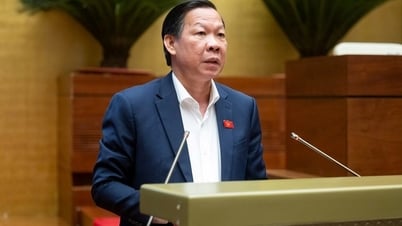















![[Photo] General Secretary To Lam and international leaders attend the parade celebrating the 80th anniversary of the victory over fascism in Russia](https://vphoto.vietnam.vn/thumb/1200x675/vietnam/resource/IMAGE/2025/5/9/4ec77ed7629a45c79d6e8aa952f20dd3)
![[Photo] Russian military power on display at parade celebrating 80 years of victory over fascism](https://vphoto.vietnam.vn/thumb/1200x675/vietnam/resource/IMAGE/2025/5/9/ce054c3a71b74b1da3be310973aebcfd)







































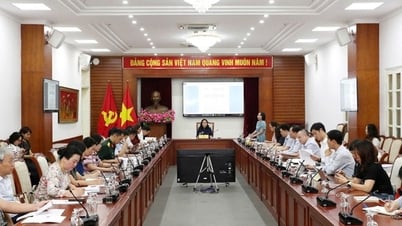

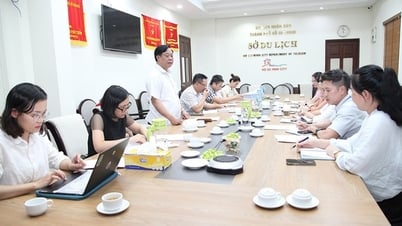
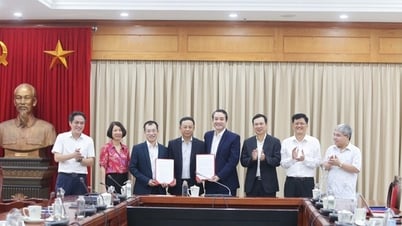
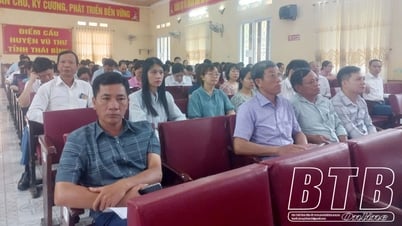








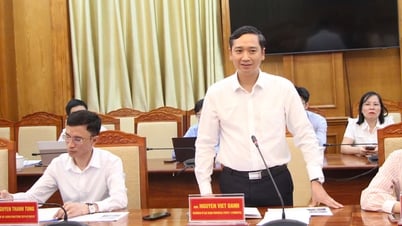












Comment (0)